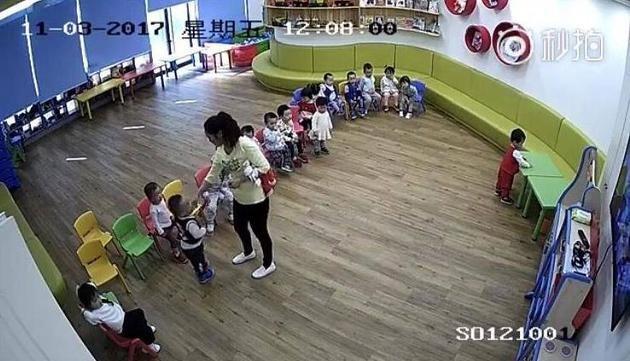China’s childcare system has recently come under scrutiny after young children between ages one and five at different childcare centers were discovered to have been victims of abuse and cruelty by staff—all exposed within less than a month. The public outcry began with a daycare center in Shanghai.
Via security camera footage, one woman threw a toddler’s backpack on the ground and pushed the young girl, causing her to fall and hit her head on the edge of a desk. Another teacher can be seen forcibly feeding several toddlers wasabi, a spicy condiment. The mistreatment took place at a daycare center in Shanghai, run by Ctrip for children of its employees. Ctrip is one of China’s largest online travel sites. Clips of the child abuse, dated Nov. 1 and 3, were first published onto Weibo, China’s version of Twitter, earlier this month. Ctrip confirmed the authenticity of the video and subsequently reported the abuse to the police.




